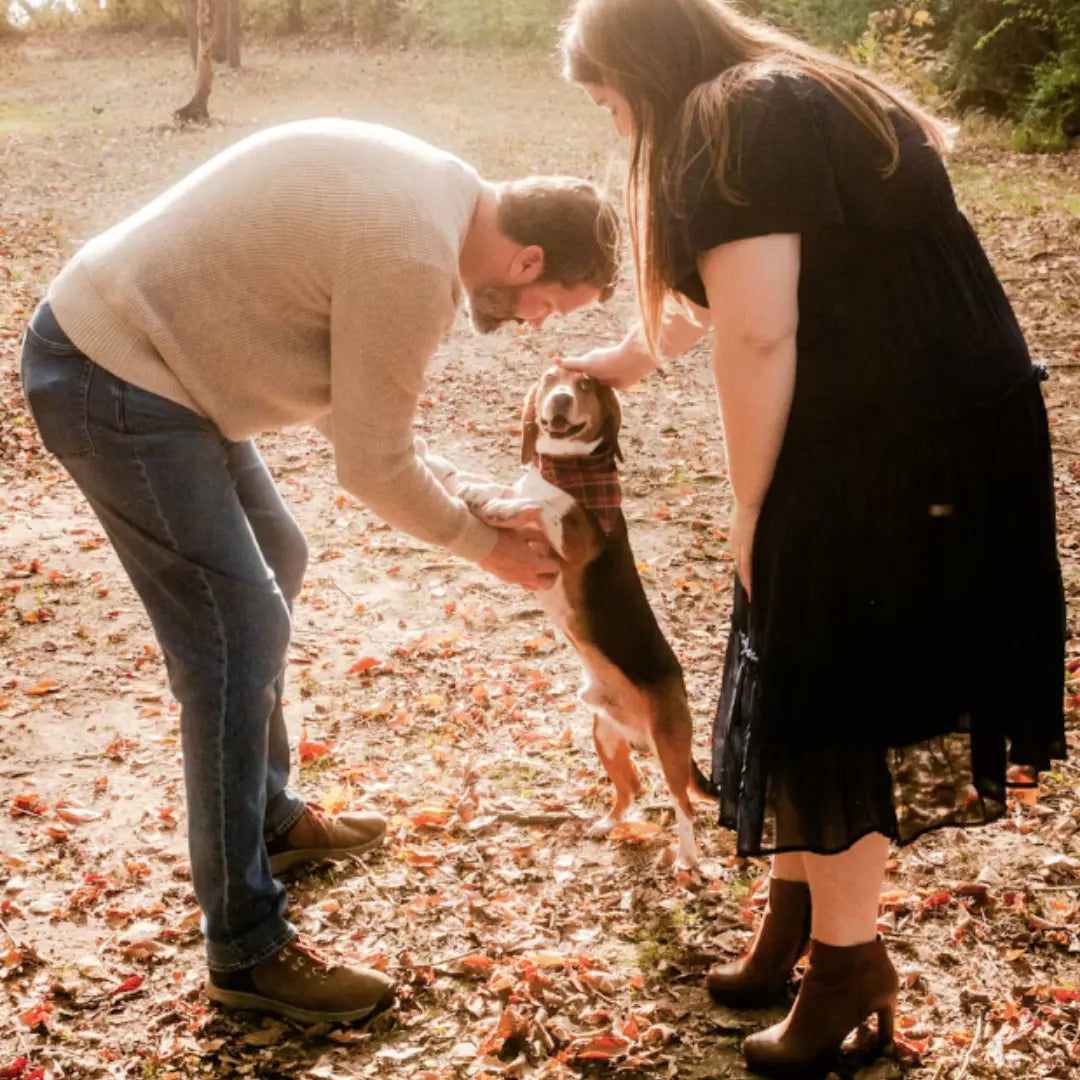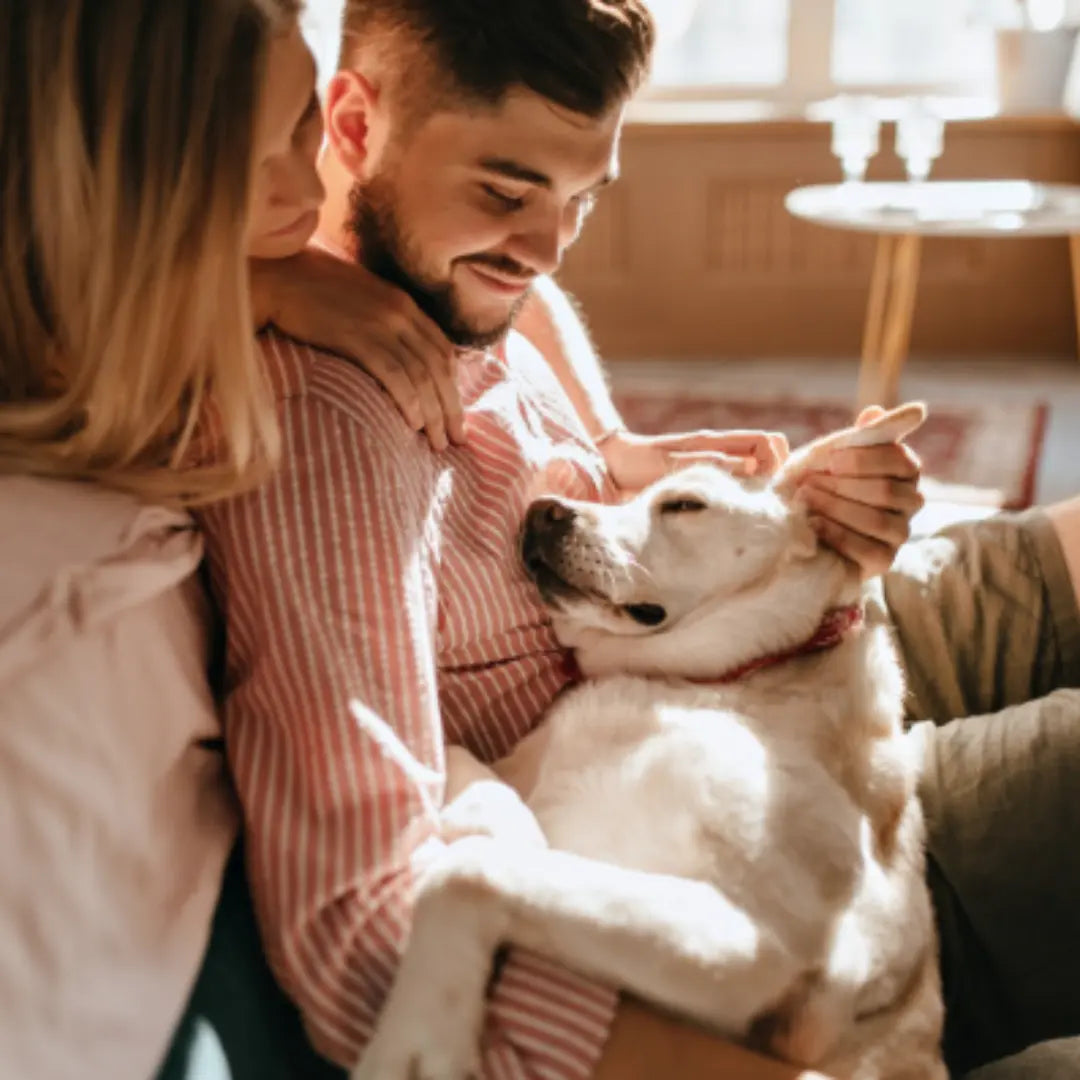If you want to make sure that your home looks and feels amazing, cleanliness is vital. However, it’s not always as easy to maintain for some. In particular, if you have pets, then you may have gotten used to it to the point that you don’t notice it that much. However, you can be certain that any guests do. Indeed, if you’re able to start smelling it, then that could mean the situation is in dire need of rectification. Here, we’re going to look at how you can start getting on top of pet smell problems in your home.
Find The Source Of The Scent
You might think that spraying a little air freshener might be enough to keep the scent at bay, but in reality, it’s not going to be too long before the masking odor fades away and the pet smell comes back. For that reason, it’s always important to identify the source, whether it’s a litter box that hasn’t been cleaned yet, a damp dog bed, or even bad breath leading to smelly drool on the carpet. Regular deep cleaning is essential, especially in high-traffic or favorite pet areas. Don’t overlook less obvious culprits like curtains, throw pillows, or rugs. Odor-neutralizing sprays help, but make sure they’re pet-safe. Being proactive and observant about where smells are coming from keeps your home fresh and avoids nose-blindness, where you no longer notice odors that guests definitely will.
Freshening Your Fabrics
Any soft furnishings are a potential minefield for pet smells. Odors tend to cling to and linger on things like couches, beds, curtains, and cushions. Using a good pet-specific vacuum can help you remove hair and dander, but after that, you should use a fabric-safe pet deodorizer, or even use baking soda, to absorb those smells more fully, then vacuum again. You should be sure to wash slipcovers and curtains as often as you can, too. As for your pet’s own furniture, like their favorite blankets or resting cushions, rotate and wash them every week. Don’t simply accept that they have one stinky blanket that just never gets taken care of. Aside from being a particularly strong source of odor, it can easily spread through the home if they decide to drag it around.
Keep It Well Ventilated
When dealing with any lingering odor, poor airflow and stale air can make it even more difficult to get rid of. Closed house smells are bad enough, but get even worse when mixed with fur, dander, and the lingering scent of an occasional accident, even after you have tidied them up. Be sure to open your windows daily, even in the colder months, for 10-15 minutes. Cross-ventilation helps flush out trapped odors and brings in fresh air. Consider placing a fan near litter boxes or dog bedding to help circulate air more effectively. Air purifiers, especially those using HEPA and carbon filters, can do a lot of good, as well.
Take Care Of Your Floors
Your floors are going to deal with a lot of paw traffic, which can include dirt, dander, and debris that they bring around with them, all of which helps odors linger for longer. Any carpets need to be vacuumed regularly, particularly with vacuums made for pet hair. Use baking soda before vacuuming to absorb smells and freshen the fibers. For hardwood or tile floors, mop with a pet-safe floor cleaner to eliminate residue from paw prints or little accidents. Steam mops can be great, as they deodorize as they clean, and are a chemical-free solution for floors that have gotten a little grimy.
Don’t Let Pet Beds Linger
Any spot that your pet lies on regularly is going to eventually become a sponge for fur, drool, skin oils, and the smells that come with them. As such, it should be no surprise that the bed can be the biggest source of stink in the home. The best way to wash your bed depends on what it’s made of, so be sure to check its label for washing instructions. Make it part of your weekly routine to wash the bed, including the covers, using a pet-safe detergent. If it’s your first time washing it, then add a cup of white vinegar to help eliminate the odors and air dry it in the sun, a natural deodorizer.
Take Care Of Your Washing Machine
If you’re following the tips above, then you’re going to be routinely using your washing machine to take care of blankets, pet beds, furniture covers, and more. Even your clothes may end up with their fair share of pet dander and hair to wash off. Over time, your washing machine can end up collecting a lot of pet hair that cycles through it, which can cause it to start to smell and even transfer pet smell over to clean clothes. Using a good washing machine cleaner specifically designed to deal with pet hair and dander can be vital. Be sure to use a lint remover to stop as much hair from cycling around during your washes, as well.
Keep Your Pets Well Groomed
You might think that regularly grooming your pets is an easy way to free up a lot more hair and dander. However, a clean pet is going to be a lot less smelly, which means their smell isn’t going to transmit to other surfaces in the home as easily. Bathe your dog every few weeks (or as needed), using a mild, pet-friendly shampoo that won’t dry out their skin. Cats typically groom themselves, but brushing them helps reduce dander and hair. Brushing is great in general, as it spreads out the natural oils that a pet’s skin secretes, meaning it doesn’t build up and become smelly as much. Don’t forget to groom their ears, mouths, and even the collar routinely, as these areas can become pretty dense with their scent over time.
Don’t Let The Litter Box Win
A litter box that doesn’t get as much care as is required is likely to become the number one contributor to a smelly home. If you’re not already doing it, be sure to scoop it once or twice a day and change it completely every week. Otherwise, that ammonia smell is going to start to build up and filter out to the rest of the home. Look for clumping, odor-control litters or those that use baking soda as part of their mix. When you change the litter box, wash it out with warm water and unscented soap. You want to avoid washing it with anything scented or using scented deodorizers, as your cats are less likely to use it if it has an unfamiliar scent.
Find Your Odor Absorbers
With all of the above, you might still want to make sure that you stay on top of your pet’s natural scents to help your home smell as fresh as possible. There are plenty of odor-absorbing tools that you can rely on. Open bowls of baking soda placed around the home can do a lot to absorb scents from the air. You can also get charcoal air purifying bags, which are a safe, natural, and non-toxic option, soaking up smells without any added scent. If you like a scented home, opt for pet-safe essential oil diffusers or wax melts. Lavender, chamomile, and vanilla are typically pet-friendly.
If you live with pets, then part of that is simply accepting that they have a smell. You don’t have to try and completely eliminate any traces of their existence, but you can make sure that it doesn’t permeate and overpower the whole home.



